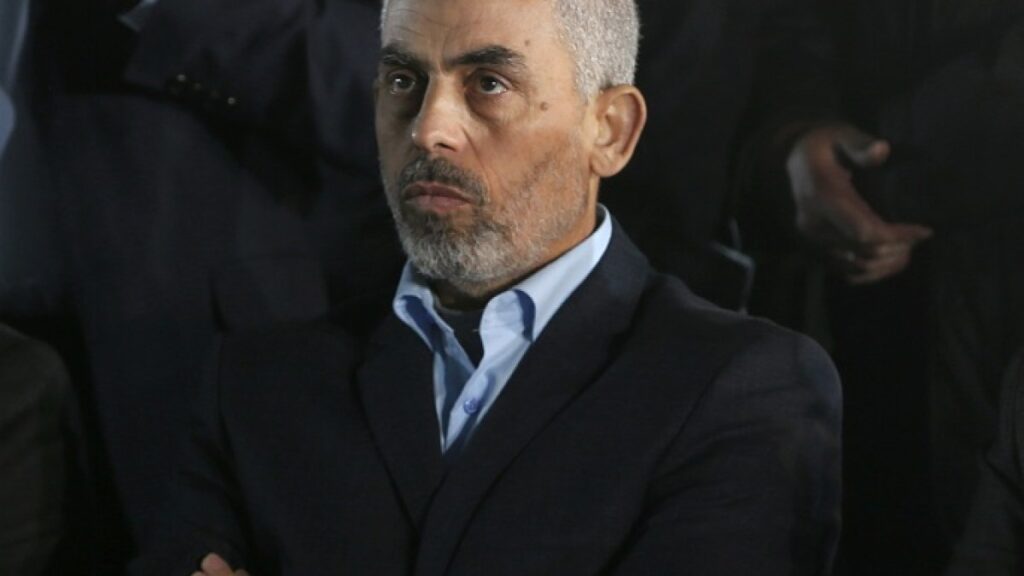The head of the Political Bureau of the Islamic Resistance Movement (Hamas), Yahya Sinwar, left an indelible mark on the history of the Palestinian resistance. Sinwar was arrested in 1988 and sentenced to four life sentences (426 years in prison) on charges of masterminding the kidnapping and murder of two Israeli soldiers and four Palestinian informants.
In prison, he emerged as an imposing leadership figure, which was confirmed by the former official in the Israeli General Security Service (Shin Bet), Michael Kobe, who interrogated him for 180 hours.
Kobi described Sinwar with his unique ability to lead and intimidate, and said that when he asked him why he was not married at that time when he was 28 or 29 years old, Sinwar answered him: “Hamas is my wife, and Hamas is my daughter. Hamas is everything to me.”
After his release in the “Wafa al-Ahrar” prisoner exchange deal in 2011, Al-Sanwar married. Despite this, his firm stances towards the resistance remained unchanged, as he believed that negotiations with Israel would not lead to the restoration of Palestinian land, but only force could achieve this.
The “Loyalty of the Free” deal is a prisoner exchange agreement concluded between the Hamas movement and Israel on October 18, 2011, after years of indirect negotiations with Egyptian mediation. According to the deal, the Israeli soldier Gilad Shalit, who had been captured by the Izz al-Din al-Qassam Brigades, was released – The military wing of Hamas – in 2006, in exchange for the release of 1,27 Palestinian prisoners from Israeli prisons.
How was the Sinwar?
Nabih Awada, a former Lebanese communist activist who was imprisoned with Sinwar between 1991 and 1995, confirmed that Sinwar was opposed to the Oslo peace agreement, and described the agreement as “disastrous” and an Israeli ploy aimed at stealing Palestinian land by force and not through negotiations, without any intention of abandoning it.
Awada explained that Sinwar – whom he described as “stubborn and ideological” – would celebrate when he heard any attacks carried out by Hamas or the Lebanese Hezbollah against Israel and would fly with joy, considering that military confrontation was the only way to liberate Palestine from the Israeli occupation. For Sinwar, armed struggle remains the only way to impose the establishment of a Palestinian state.
Awada said that Sinwar was “an influential model for all prisoners, even those who were not Islamic or religious.”
Awada continues: “In prison, Al-Sinwar continued his mission in tracking down Palestinian spies cooperating with the occupation. His leadership skills and sharp intuition enabled him to uncover hidden informants for the Shin Bet, and even in conditions of captivity, he used his time to learn the Hebrew language fluently.
While he was playing table tennis in Ashkelon prison barefoot, Al-Sinwar was saying that his walk without shoes represented his desire for his feet to touch the land of Palestine, adding: “I am not in prison, I am on my land. I am free here, in my country.”
Awada remembers that Sinwar repeatedly repeated that Ashkelon, where they were imprisoned together, was the birthplace of his family.
Today, Friday, Hamas announced through its head in the Gaza Strip, Khalil Al-Hayya, the martyrdom of Al-Sinwar, stressing that the movement is following in his footsteps in fighting the occupation until it is defeated.


